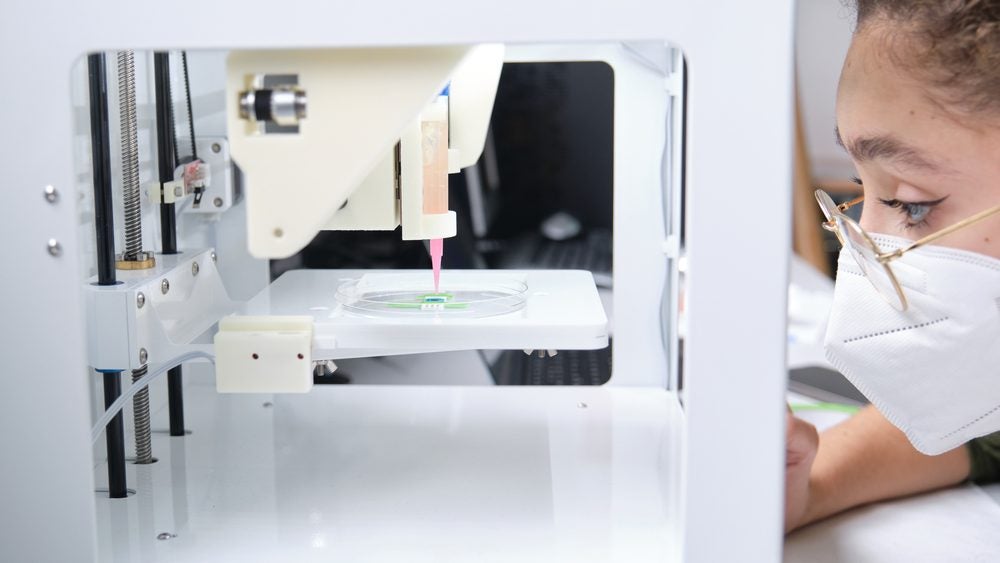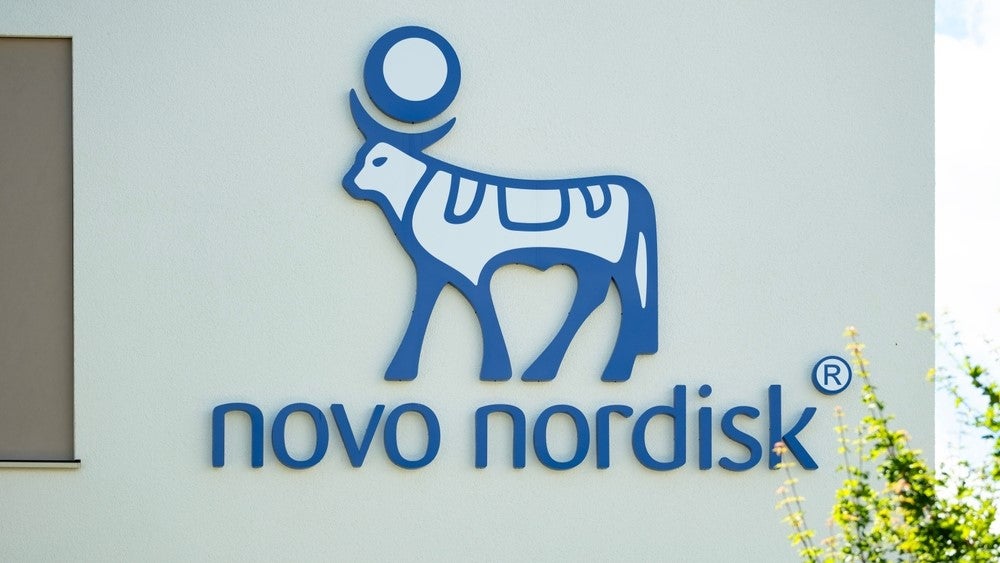Canadian biotech Aspect Biosystems has received a $72.75m government investment to advance its proprietary bioprinting technology.
The funding, from the governments of Canada and British Columbia (BC), is set to support a $200m multi-year project to advance Aspect’s clinical biomanufacturing capabilities, full-stack tissue therapeutic platform, and bio-printed tissue therapeutic portfolio.
Aspect develops bioprinted tissue therapeutics designed to replace or support specific biological functions. According to the company, these implantable, allogeneic cell-based therapies offer solutions such as retrievable implants, and integrated tissues.
Aspect’s tissue therapeutic platform is said to combine the company’s bioprinting technology, therapeutic cells, biomaterials, and computational design.
In April 2023, Aspect announced a partnership with Novo Nordisk to produce tissue therapeutics for diabetes. Aspect received $75m from Novo in initial payments, with Novo potentially giving Aspect up to $650m in future payments for each of the four potential products arising from the partnership. The collaboration has so far produced a preclinical pancreatic tissue candidate for type 1 diabetes.
The bio-printed pancreatic tissue uses donor stem cell islet clusters protected by immune materials. According to Aspect’s website, these tissues, once implanted, could regulate blood sugar levels without the need for immune-suppressing drugs. This offers a potential treatment for types 1 and 2 diabetes, and obesity.
In 2022, Aspect teamed up with JDRF, a global type 1 diabetes research and advocacy organisation. The partnership involves funding and strategic support through JDRF’s expertise and network in the diabetes field. Outside of its diabetes partnerships, the company is also developing therapeutic platforms for the liver, said to restore liver function that could help patients with acquired or genetic liver diseases.
3D printing has been a growing trend in pharma. Earlier this year, the University of Nottingham in the UK announced the development of a new method enabling the creation of 3D-printed personalised pills. The technique could also benefit drug manufacturing by reducing waste and increasing sustainability.
According to GlobalData’s Medical Intelligence Center, Aspect is a leading player in 3D printing in the medical space. GlobalData estimates that by 2026, 3D printing will be a $43bn industry, and growing at a compound annual growth rate (CAGR) of 22% between 2019 and 2026.
In the announcement accompanying the investment, Aspect CEO Tamer Mohamed said: “This significant investment from the governments of Canada and BC sends a strong signal of support for building and integrating the capabilities needed to discover, develop, and clinically manufacture new medicines for people with serious diseases.”














